Introduction to PVC Valves
PVC valves are essential components in various piping systems, designed to control the flow and pressure of fluids. These valves are crafted from polyvinyl chloride, a versatile plastic with a robust profile suitable for handling a range of substances from water to aggressive chemicals. This introduction delves into the types, applications, and features of PVC valves, providing a comprehensive understanding of their functionality and versatility.
Types of PVC Valves
The pvc ball valve and pvc check valve are common types, each serving distinct purposes. The ball valve, characterized by its spherical closure element, offers reliable on-off control, while the check valve prevents backflow in systems. Other varieties include the pvc gate valve, which is optimal for on-off control similar to ball valves, and the pvc foot valve, typically used at the suction side of pumps to prevent drainage. Specialized types like the 3 way pvc valve and pvc three way valve provide directional control in complex systems.
Applications and Features
PVC valves are integral to numerous applications, from residential plumbing to industrial process control. Their features include corrosion resistance, which makes them suitable for chemical processing, and ease of operation, which is beneficial in irrigation systems. The oatey sure vent is an example of a PVC valve used in plumbing to allow proper venting and prevent sewer gases from entering a building.
Materials and Advantages
Constructed from durable plastic materials such as upvc ball valve compositions, PVC valves are known for their longevity and resistance to rust and corrosion. This makes them an excellent choice for applications where metal valves might degrade. The material's lightweight nature also facilitates easier installation and maintenance.
Selection Considerations
When selecting a PVC valve, consider the valve's size and pressure rating. For instance, a 1 1 2 pvc ball valve is suitable for moderate flow rates, while a 2 inch check valve pvc might be necessary for larger systems. The 1 2 pvc ball valve and 2 1 2 pvc ball valve are also available for different pipe diameters and flow requirements.
Conclusion
In conclusion, PVC valves are a reliable and cost-effective choice for managing fluid flow in various systems. With a range of types like the plastic ball valve and check valve 2 inch pvc, there is a PVC valve to meet the needs of any application. While selecting the appropriate valve, it is crucial to consider the specific requirements of your system to ensure optimal performance.
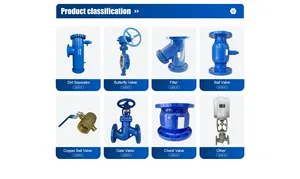



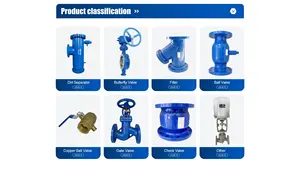






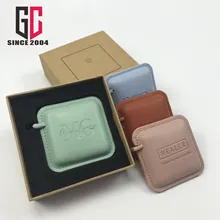




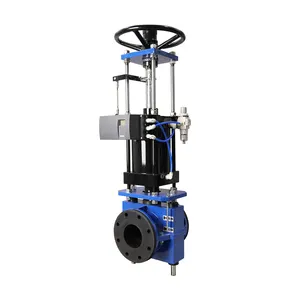

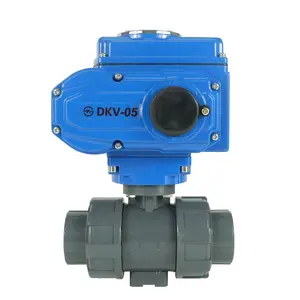
























 浙公网安备 33010002000092号
浙公网安备 33010002000092号 浙B2-20120091-4
浙B2-20120091-4